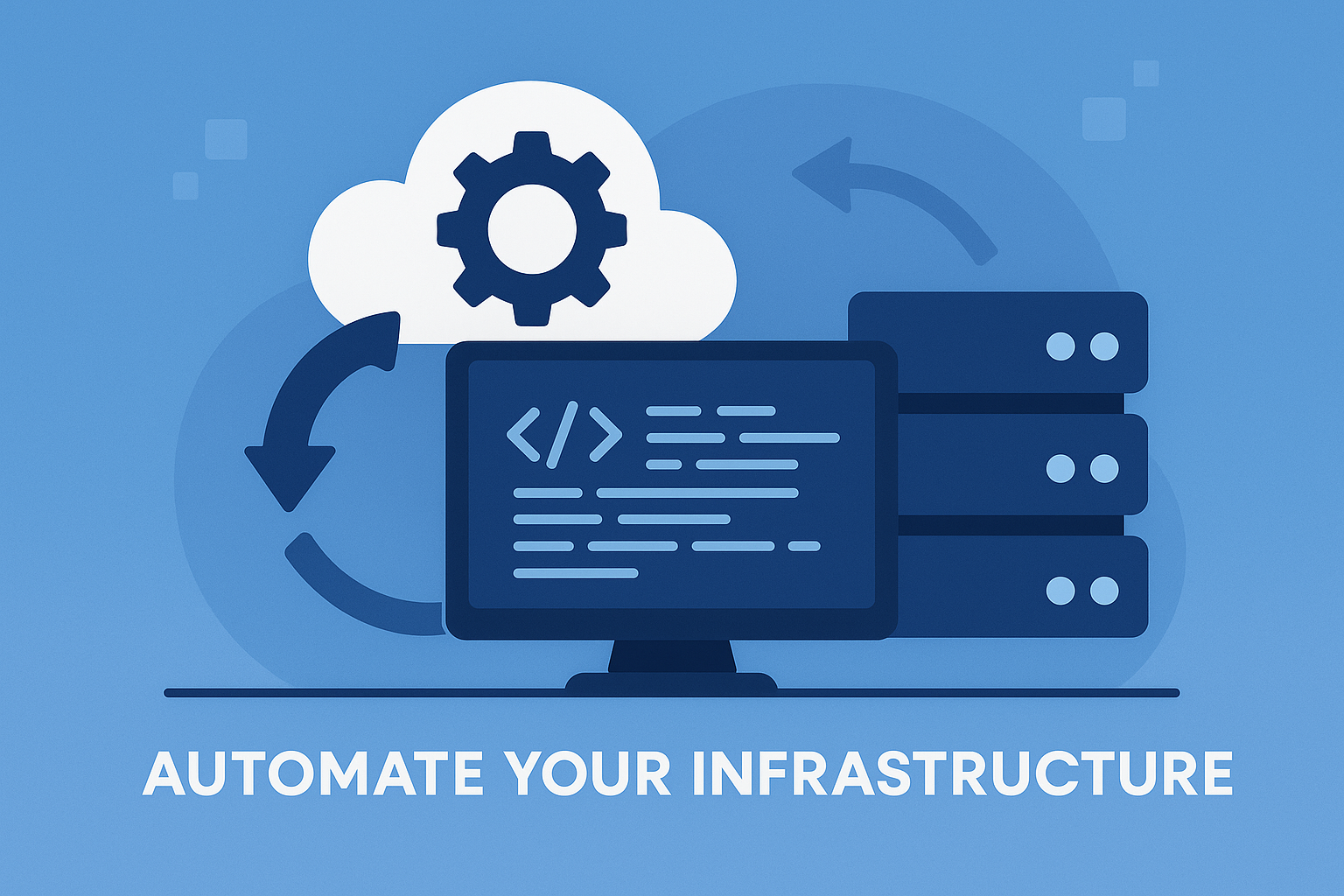What is Minikube?
Minikube is a lightweight tool that allows you to run a single-node Kubernetes cluster locally on your machine. It is primarily used for development, testing, and learning Kubernetes without requiring access to a full-scale cloud environment. Minikube supports various operating systems, including Linux, macOS, and Windows, making it an accessible solution for experimenting with Kubernetes features in a local environment.
How Does Minikube Work?
Minikube creates a virtual machine or containerized environment on your local system and deploys a single-node Kubernetes cluster within it. It includes all necessary Kubernetes components, such as the API server, scheduler, and etcd, running on a single node. Minikube provides CLI commands for managing the cluster, deploying applications, and interacting with Kubernetes resources locally.
Why is Minikube Important?
Minikube is important because it simplifies the process of running Kubernetes locally, making it easier for developers and learners to experiment with Kubernetes concepts and configurations. It removes the need for a complex, multi-node setup or a cloud subscription, providing an affordable and efficient way to work with Kubernetes in a controlled environment.
Benefits of Minikube
- Local Development: Enables developers to test Kubernetes configurations and applications locally without requiring a cloud environment.
- Lightweight: Runs a single-node cluster with minimal resource requirements, making it suitable for local machines.
- Cost-Effective: Eliminates the need for cloud resources, reducing costs associated with Kubernetes experimentation and testing.
- Fast Setup: Provides an easy-to-install and configure Kubernetes environment, allowing users to start working quickly.
Use Cases for Minikube
- Learning Kubernetes: Ideal for beginners to practice Kubernetes concepts and commands in a local environment.
- Application Development: Test and debug Kubernetes applications locally before deploying them to a production cluster.
- Configuration Testing: Experiment with Kubernetes manifests, configurations, and features without affecting production environments.
- CI/CD Pipelines: Use Minikube for local integration testing as part of a continuous integration and delivery workflow.
Summary
Minikube is a lightweight tool for running a single-node Kubernetes cluster locally. It simplifies learning, development, and testing by providing a cost-effective and accessible way to experiment with Kubernetes features in a controlled environment. With its fast setup and easy-to-use interface, Minikube is a valuable resource for developers and learners exploring Kubernetes.



